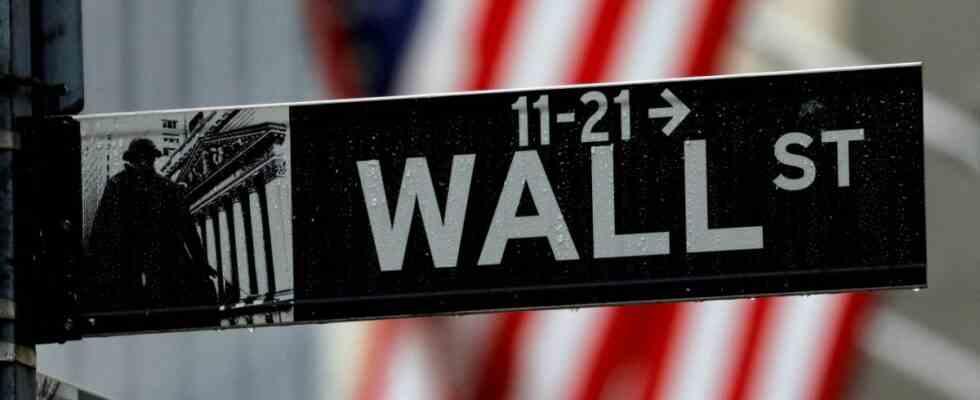In terms of sustainability, the marketing people at banks have recently had a free hand: it almost seemed as if the financial institutions wanted to outbid each other. Who joins which climate initiative faster and why “green” has long been the focus of their own strategy. That the 60 largest banks one study of the organization According to Banking on Climate Chaos, fossil fuels still funded $742 billion in 2021 alone? gift.
In the meantime, however, one or the other bank boss is apparently getting queasy when he or she thinks about their own promises, for example how exactly their own financial institution wants to reduce Co2 emissions through the lending and financing business. Several of the largest Wall Street banks, including Morgan Stanley, Bank of America and JP Morgan think according to the Financial Times considering leaving one of the most important climate alliances.
It’s about Gfanz, the Glasgow Financial Alliance for Net Zero, founded at the UN climate conference in Glasgow more than a year ago by former British central bank chief Mark Carney, now the UN special envoy for climate action and finance. It is the largest initiative of its kind in the financial sector. Around 500 banks, insurance companies, pension funds, stock exchanges and rating agencies, index providers and auditing companies have set “highly ambitious, science-based goals” as part of the initiative.
The members have sworn that by 2050 they will no longer emit any net CO2. That’s a long way off, but by 2030 certain intermediate goals should be achieved. While the Gfanz goals were rather vague at the beginning, the initiative now seems more concrete to become: She gave herself new guidelines on financing fossil fuels and new coal projects. At the same time, she reiterated that members have always been asked to opt out of coal financing.
Used for greenwashing
So far so good, but now the banks fear that the strict requirements of the organization will make them legally vulnerable. It comes to the oath: Which bank is serious about the climate goals and which sees them primarily as a marketing tool? In any case, climate experts are following the development with concern. It can be assumed that some banks wanted to leave the Gfanz in order to avoid lawsuits and reputational risks, says Thomas Küchenmeister from the organization Facing Finance. Gfanz’s reporting could reveal that banks used the initiative more as a greenwashing tool because many banks actually never intended to exit fossil fuel financing, he says. “An exit by US banks from the Gfanz would be a fatal signal to the financial sector, which was actually committed to accelerating the decarbonization of the economy.” European banks could quickly follow, which would then have failed the initiative. Magdalena Senn, sustainability expert from Finanzwende, is also critical of the matter. “Allianz apparently wants to make a difference, but many banks continue to rely on making money with fossil fuels. It is becoming increasingly apparent that numerous banks like to adorn themselves with any goals and initiatives without actually doing anything.”
The fact that the US banks of all people have concerns is probably also due to the fact that the new head of the SEC wants to pursue “greenwashing”: banks that present themselves as more sustainable than they are are threatened with penalties. The US supervisors are already targeting DWS, the fund subsidiary of Deutsche Bank, which is currently being investigated for greenwashing allegations. In addition, there is a growing culture war in the USA, which is explicitly aimed at sustainability: The US state of Texas has recently banned its pension funds from investing their money with ten large asset managers. The accusation: the financial firms boycotted the oil and gas industry. It is also a Republican attack on a section of the financial industry that they accuse of leftist ideologies. In addition, the US banks recently noticed that financial institutions from China, India and Russia have not joined the Gfanz. Now they sense competitive disadvantages. And, of course, the war in Ukraine also plays a role, which has tended to further fuel demand for fossil fuels.
Europe’s banks are likely to remain loyal to Gfanz for the time being, but have not publicly acknowledged this at the moment. Neither Deutsche Bank nor Commerzbank, who have made sustainability the guiding star of their business, wanted to comment on Thursday.

